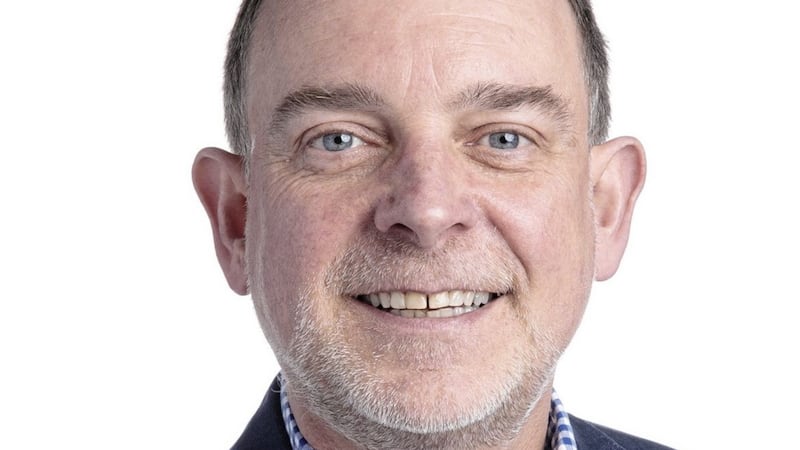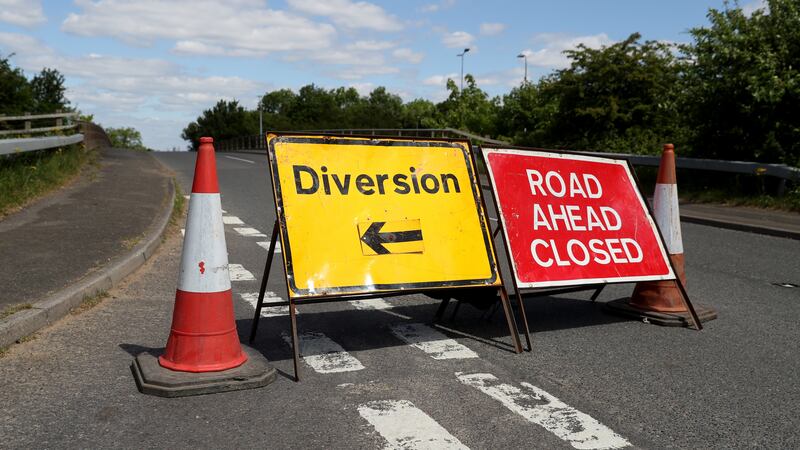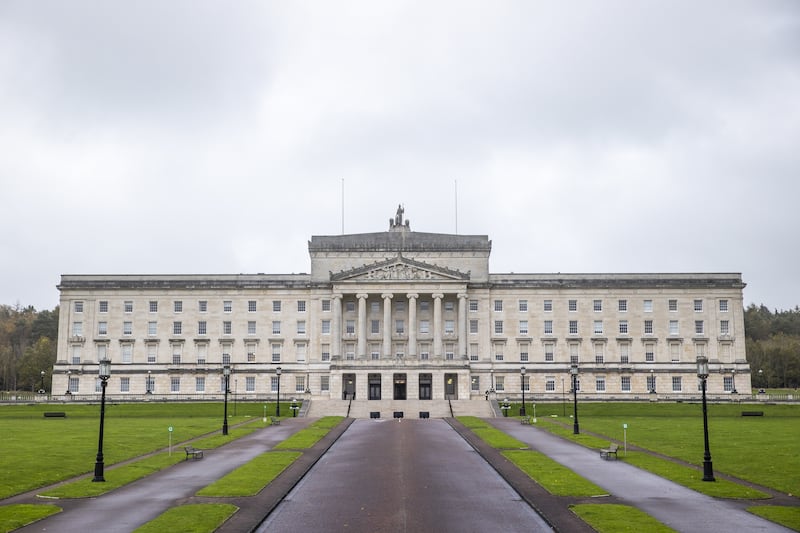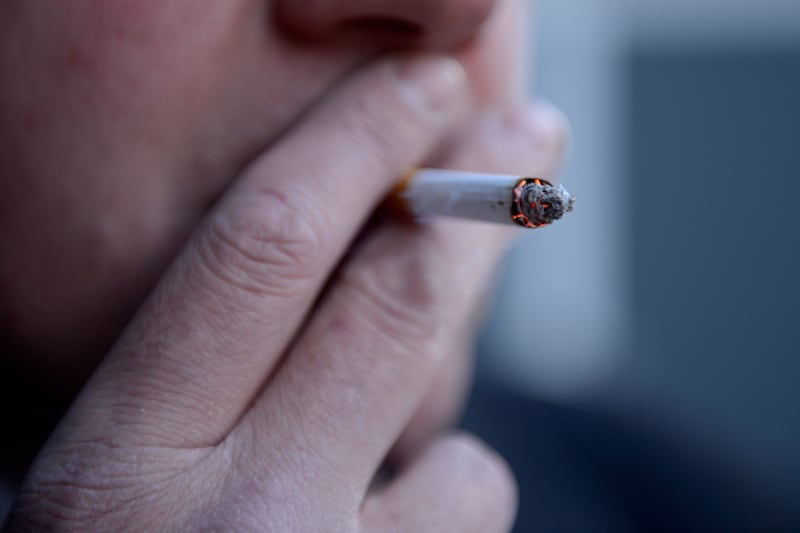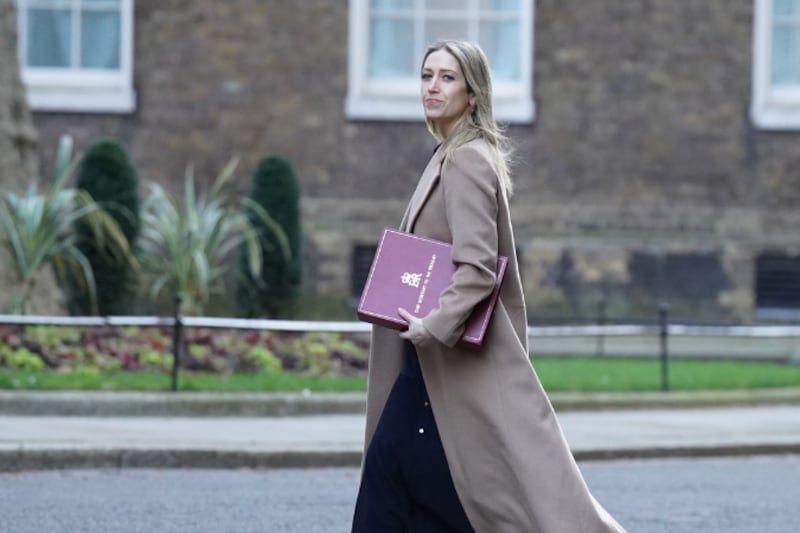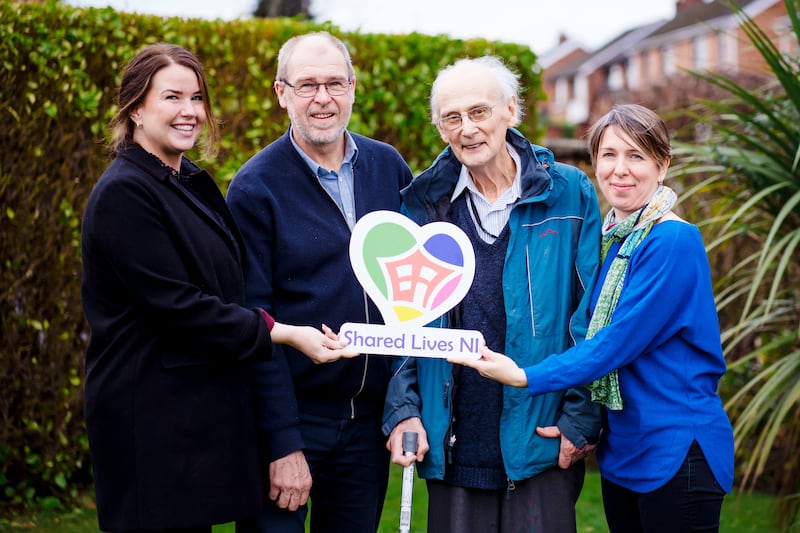THERE is a "significant" need for more help for families of children with acquired brain injuries in Northern Ireland, according to a new report.
The charity, Brain Injury Matters, said it has received almost double the number of referrals it expected after launching a project in 2015 designed to assist families.
The Family First Project was established to help "ensure that no child or family who has been affected by acquired brain injury is left behind".
The charity said the number of referrals to the project in just three years "shows the critical importance of having a dedicated service for children and their families in place, helping to bridge the gap that exists in statutory services".
Brain injury is the leading cause of acquired disability in childhood.
It is often an invisible injury but presents physical, emotional, mental and educational issues, as well as problems with social functioning and relationships.
If an acquired brain injury occurs in a child, some of these difficulties may not become apparent until some years later as the brain continues to develop.
Without early intervention and rehabilitation, children with acquired brain injury are at an increased risk of escalated problems and difficulties in adulthood.
An initial evaluation report by the charity, which is published today, shows 57 families were referred to the Family First Project, almost double the figure expected.
The statistics also reveal 42 per cent were self-referrals, which the charity said highlights a "significant gap in community services for children with acquired brain injury" in the north.
Clinical psychology lecturer Dr Chris McCusker, who authored the report, said: "The Family First Project, which Brain Injury Matters has developed along with the Belfast Health and Social Care Trust and through funding from Big Lottery NI, has reached families in need from across Northern Ireland and provided family focused interventions which are not currently available in statutory services.
"Bolstering family resilience has resulted in improvements in understanding, coping, family relationships, well-being and quality of life for families, siblings and, most importantly, the child now making their way in the world with an acquired brain injury."
Bridget Smyth from the Family First Project said the report "emphasises the important role" of the initiative.
"The number of referrals that the project has received in just three years shows the critical importance of having a dedicated service for children and their families in place, helping to bridge the gap that exists in statutory services," she said.
"Without early intervention and rehabilitation, children with an acquired brain injury are at an increased risk of further issues in later life."
